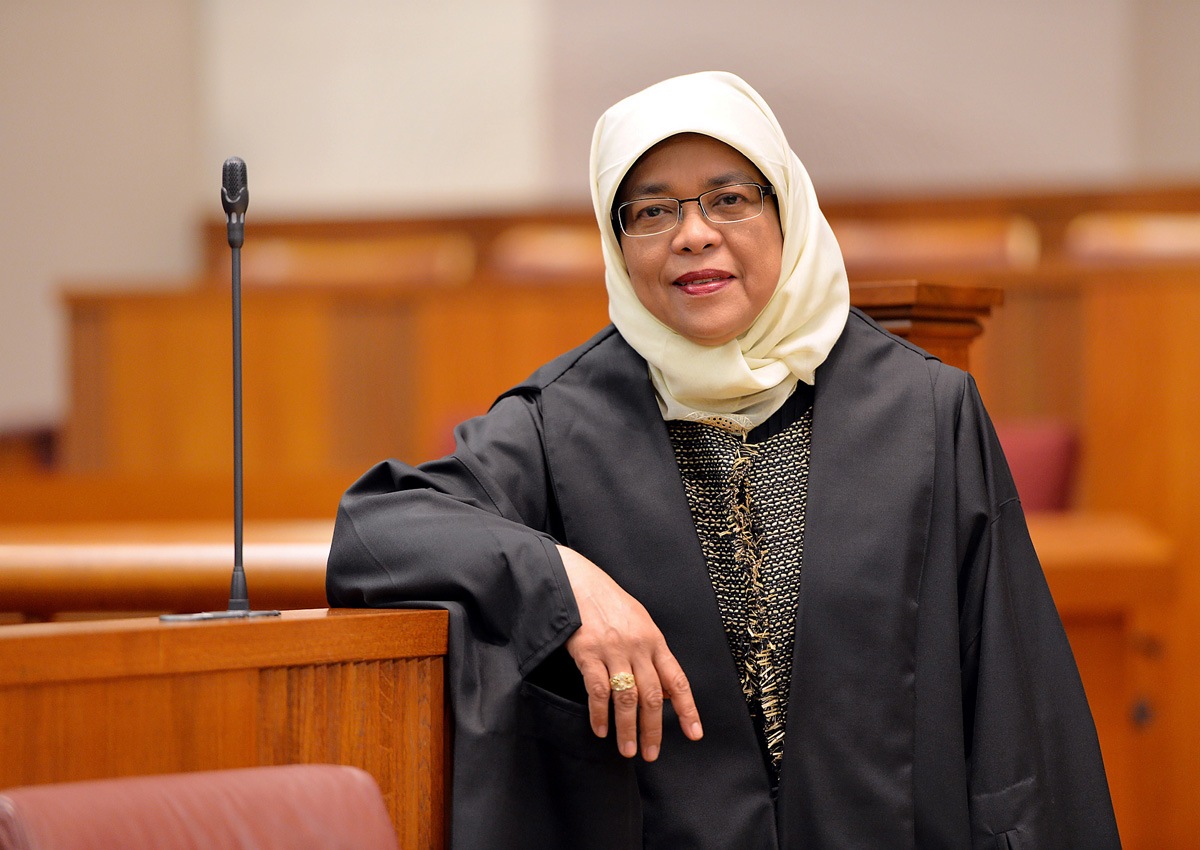A slew of government schemes was introduced during the marathon Budget debate that ended in Parliament yesterday.
But what tickled Speaker Halimah Yacob’s funny bone were the abbreviations to which these schemes were reduced.
She noted wryly: “I counted that, in this Budget, 22 new schemes were introduced, including TAC-CIP, HCP, GTD, EAE, iPREP, SSF, OSF and many more.
“Can you remember at least five of them?” she asked as MPs burst into laughter.
The fortnight’s debate, however, is striking for the slaying of two sacred cows, she said in wrapping up the annual marathon.
One is the replacing of the numerical aggregate scores in the Primary School Leaving Examination with letter grades – as in the O- and A-level results – to curb the obsession with academic results.
The other is unwed mums getting the same 16-week paid maternity leave that married mothers get.
Their children, too, will get a savings account to help pay for childcare and healthcare costs.
Both changes reflect a “transformational shift in policy, aimed at placing children at the heart of what we do, instead of focusing narrowly just on academic excellence or procreation”, Madam Halimah said.
Agreeing, Leader of the House Grace Fu said the spirit of inclusivity was “in keeping with the spirit of our National Anthem, Majulah Singapura, that we progress together as a nation”.
Ms Fu, who is Minister for Community, Culture and Youth, also noted the 499 “cuts” by MPs, the highest in the past five Budget debates.
A cut is a call for a $100 reduction in a ministry’s budget, to let MPs query its policies and programmes.
The Health Ministry led with 50 cuts, many of which were on ageing and diabetes, a growing scourge.
But Ms Fu’s ministry topped the list on total speech time, a first since it was set up in 2012.
This reflects MPs’ interest in “the softer side of nation-building, which has taken on greater emphasis in this post-SG50 year”, Ms Fu said.
But what seems to trouble Madam Halimah is the seeming lack of interest among people in the debate, which provides good insights into policies, she said.
She discovered, when visiting her constituents in the past two weeks, that almost all of them had not been following the debates.
“This is our challenge: How to motivate and empower people to be more interested in what’s going on, so that they can make informed choices and better decisions for themselves,” she told MPs.
But it is a two-way process: People need to play their part too.
Said Madam Halimah: “The Government can only do so much.
“It can act as a catalyst, it can prod, nudge, persuade and influence but, beyond that, it really depends on all of us, how fast we want to run and how much of that rainbow we want to catch.”
rachelay@sph.com.sg

This article was first published on April 15, 2016.
Get a copy of The Straits Times or go to straitstimes.com for more stories.







